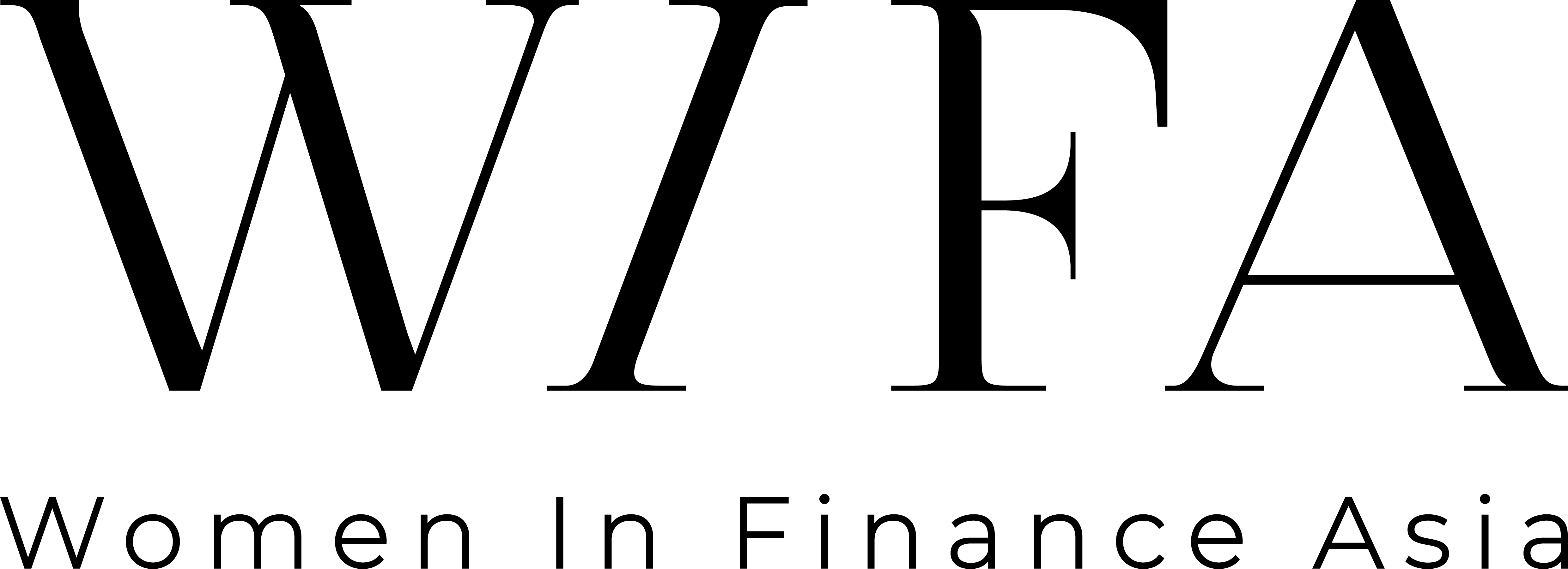What is your current role, and your participation within the diversity and inclusion initiatives?
I am a Team Lead in Refinitiv’s Customer Success Management team, and I also run their Women’s Network in Hong Kong. I moved to Hong Kong from London in 2015, where I worked in Investment Banking at Credit Suisse, and later at Thomson Reuters Consulting. Outside of work, I volunteer for an NGO, supporting new mothers and babies.
When and why did your Firm start to support WiFA? How do you think the staff are benefiting from the programs/ events?
Thomson Reuters Financial and Risk supported WiFA since the start – and we have continued to support WiFAS now this sector is Refinitiv. Employees have attended a number of WiFA events throughout the years, and found the content resonated well with what they were looking for – it was practical, applicable and topical. They also noted the ease of participating in WiFA from an organizational point of view. Refinitiv employees subsequently voted to continue the partnership with WiFA in order to develop, attract and retain gender diverse talent at the company.
Can you share one of your Firm’s Diversity and Inclusion Programs that resonates with the WiFA mission (empowering women in achieving their full professional potentials), and give us an idea of your challenges and accomplishments?
This year’s Refinitiv Women’s Network theme is based around “Better Balance, Better Returns.” As a global financial data and analytics provider, we educate financial markets about the quantifiable benefits of Diversity and Inclusion. There is now tangible, empirical evidence that shows by investing in more D&I conscious companies, an investor will receive higher returns. Refinitiv offers indices and other data to facilitate such investment decisions.
Whilst we have succeeded in measuring diversity at the company level, we still find it hard to understand the impact of diversity at an individual level.
Tell us one thing that is important for #CreatingTheWorkforceOfTheFuture
A mindset shift where women in leadership positions are seen as the norm, rather than the exception.
What advice would you give to women who want to lead?
Realize that many stakeholders in your organization really want you to succeed, because you are an outstanding expert in your field. There are multiple resources available to help you, both within the women’s network and outside it. Sometimes the only resource lacking is your own belief in your ability to become a leader.
